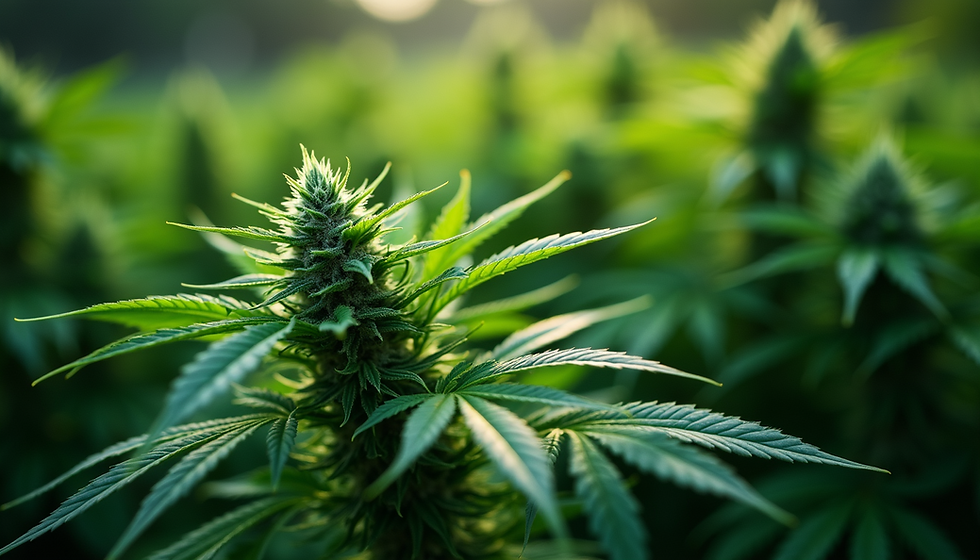Cannabis Around the World: Unique Traditions and Practices
- kroncannabistn
- Sep 19, 2024
- 3 min read
Updated: Sep 25, 2024
Cannabis has a rich and diverse cultural history that spans continents and centuries, deeply ingrained in the traditions and practices of various societies around the globe. From sacred rituals to social customs, cannabis plays a pivotal role in cultural expressions, healing practices, and community gatherings. This post explores the unique traditions and practices involving cannabis across different countries, highlighting its cultural significance and the varied ways people have integrated this versatile plant into their lives.

Cannabis in Rituals and Religion
India: In India, cannabis has been used for thousands of years, particularly in religious and spiritual contexts. It is famously consumed in a drink called 'bhang,' which is a blend of cannabis paste, milk, ghee, and spices. Bhang is especially popular during the Hindu festival of Holi, where it is consumed to induce euphoria and heighten the spirit of celebration. The use of cannabis is also tied to the worship of Shiva, where it is seen as a sacred herb that cleanses sins and unites the soul with the divine.
Rastafarianism: In Jamaica and among the global Rastafarian community, cannabis, commonly referred to as "ganja," is used as a sacramental and medicinal herb. It is smoked to enhance meditation, foster community bonding, and bring users closer to Jah (God). The ritualistic use of cannabis is considered a holy act that cleanses the body and mind, heals the soul, and facilitates personal and spiritual growth.
Social and Cultural Integration
The Netherlands: Famous for its cannabis-friendly coffee shops, the Netherlands has integrated cannabis into its social fabric in a unique way. These coffee shops are legal establishments where individuals can purchase and consume cannabis. This approach not only regulates the use but also demystifies it, fostering a culture where cannabis is viewed as a normal aspect of social life.
Morocco: Known for its vast cannabis fields in the Rif Mountains, Morocco is one of the world's largest producers of cannabis and hashish, known locally as 'kif.' Traditionally, kif is smoked in a long pipe called a sebsi. While technically illegal, its use is widely tolerated and deeply embedded in the social and economic fabric of the country, especially among the indigenous Berber tribes.
Healing and Medicine
China: The use of cannabis in Traditional Chinese Medicine (TCM) dates back thousands of years. Ancient texts prescribe it for various ailments, ranging from menstrual pain to rheumatism and malaria. Cannabis seeds (known as "ma") are used to treat a wide array of symptoms, reflecting the holistic approach of TCM, where balance and natural healing are key.
Africa: In many parts of Africa, cannabis has been used medicinally for centuries. In South Africa, the plant is known as 'dagga,' and traditional healers use it to treat diseases such as asthma, epilepsy, and pain. The plant's roots are particularly valued for their supposed ability to reduce inflammation and relieve gastrointestinal distress.
Conclusion
Cannabis continues to hold a significant place in cultural traditions, social practices, and medicinal therapies worldwide. Its versatility and profound impact on various aspects of life underscore its importance across global cultures. As more countries revisit their cannabis laws, understanding and appreciating these deep-rooted traditions can foster greater respect and a more nuanced approach to its use in today's society.
Disclaimer: This blog post is intended for educational and informational purposes only. It does not promote the use of cannabis where it is illegal. Readers are encouraged to respect local laws and cultural practices concerning cannabis use.







Comments